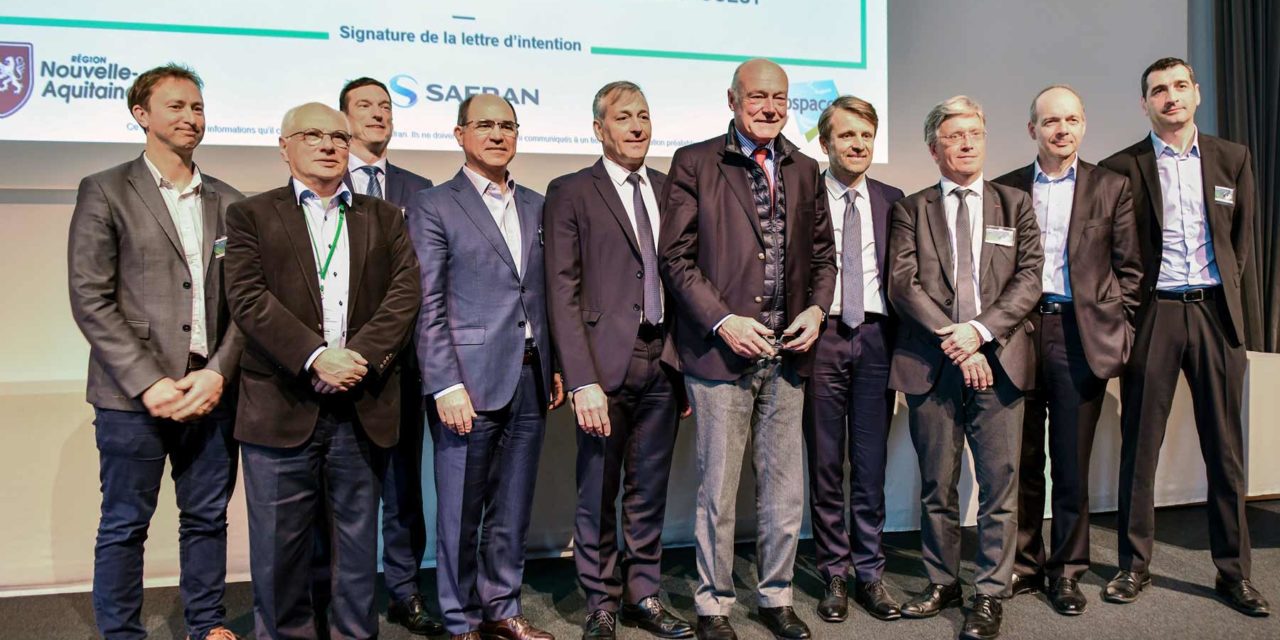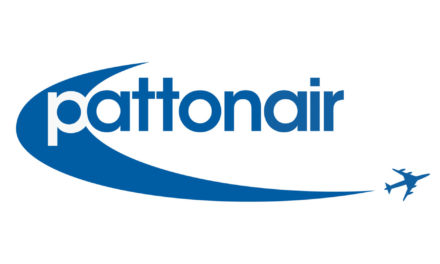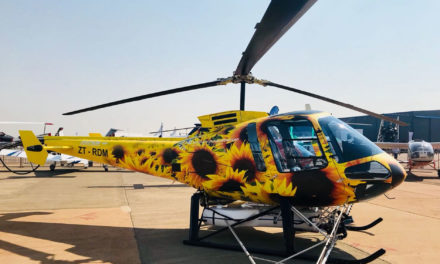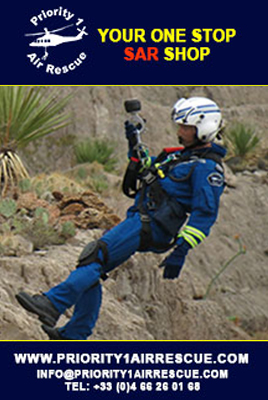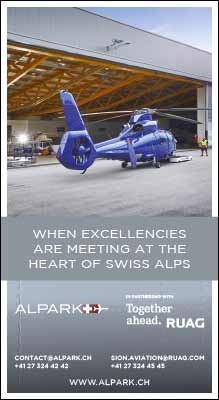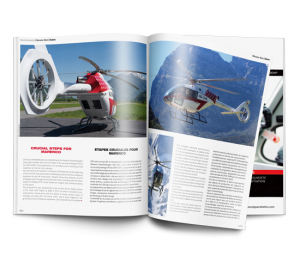Safran Helicopter Engines is joining Euralis, Teréga, ACD (Aquitaine Chimie Durable), Chemparc, Agri Sud Ouest Innovation, Xylofutur, CCI Pau Béarn, Pau and Pays de l’Adour University and the Aerospace Valley consortium to study the feasibility of producing aviation biofuels in southwest France. A Letter Of Intent (LOI) has been signed in the presence of Alain Rousset, President of the Regional Council of Nouvelle-Aquitaine.
Signatories to the LOI will evaluate local capabilities and skills in the fields of agriculture, chemicals and energy to produce and distribute sustainable aviation biofuels. Airports, air bases, and industry will benefit from the proximity of a sustainable, certified and “drop in” (ie. no engine modification required) fuel source for local use.
Alain Rousset commented, “to complete the necessary transition to carbon neutrality by 2020, the aerospace industry has to act in many areas. In the short and medium term, introducing biofuels is one of these. The Nouvelle-Aquitaine region possesses excellent resources in agriculture, chemicals and energy, which can be used to develop this production. We are committed to supporting this initiative for a more sustainable aviation industry”.
Safran Helicopter Engines CEO Franck Saudo commented, “Safran is committed to an industry that treats the environment with greater respect. Success in this ecological transition will evolve from expertise in several technologies. Safran Helicopter Engines is exploring several of these including hybrid-electric power, optimized turboshaft designs and alternative fuels. Our ambition to create this local biofuel source will satisfy the latter objective. And our engine test facilities will help us develop even more advanced alternative fuels”.
Safran Helicopter Engines CEO Franck Saudo commented, “Safran is committed to an industry that treats the environment with greater respect. Success in this ecological transition will evolve from expertise in several technologies. Safran Helicopter Engines is exploring several of these including hybrid-electric power, optimized turboshaft designs and alternative fuels. Our ambition to create this local biofuel source will satisfy the latter objective. And our engine test facilities will help us develop even more advanced alternative fuels”.
Euralis CEO Christian Pèes commented, “we are convinced that agriculture has a fundamental part to play in the creation of more sustainable energy. Over ten years, in collaboration with our regional partners, we have developed the production of ethanol in southwest France. With this valuable experience, we are ready to commit to the creation of this aviation biofuel source”, Yann Barbaux, Aerospace Valley President, added, “reducing air transport’s environmental footprint is a top priority for all of us in the Aerospace Valley group. Introducing non-fossil fuels will help us to achieve this objective and bring greater prosperity to our region”.
Compared to conventional kerosene, biofuels emit much less carbon throughout their life-cycle (from production to consumption). They can contribute a great deal to improving aviation’s environmental credentials.

